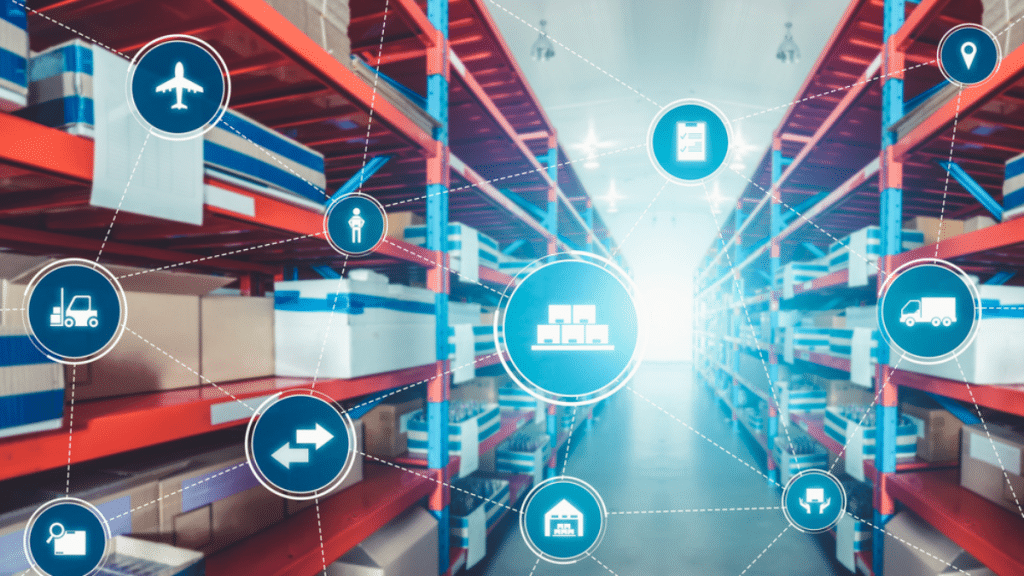The Rise of Logistics Software Development
In an era of global trade and on-demand delivery, logistics software development has become the backbone of efficient supply chain operations. From warehousing to last-mile delivery, custom digital solutions are driving visibility, accuracy, and speed. Traditional manual systems can no longer meet the dynamic demands of modern commerce, especially with the rise of eCommerce, rapid delivery expectations, and real-time tracking needs.
Businesses are now prioritizing smart software that integrates seamlessly with existing tools, scales with operations, and enhances decision-making through analytics and automation.
Key Benefits of Custom Logistics Software
Developing logistics software tailored to a business’s unique workflow offers a wide range of competitive advantages:
- Real-Time Tracking: Monitor shipments, vehicle locations, and inventory in real time.
- Optimized Routing: AI-powered algorithms suggest fuel-efficient and time-saving delivery routes.
- Warehouse Automation: Manage inventory levels, picking, packing, and shipping with high accuracy.
- Cost Reduction: Streamline operations to reduce manual errors and operational overhead.
- Scalability: Easily adapt to new markets, fleets, or partners.
Core Features of Logistics Platforms
When building a logistics software solution, companies should consider integrating the following critical modules:
- Fleet Management System
- Vehicle tracking via GPS
- Maintenance alerts
- Driver performance monitoring
- Order Management Dashboard
- Real-time status updates
- Proof of delivery (POD)
- Auto-dispatching systems
- Inventory Control Module
- Barcode/RFID integration
- Multi-warehouse support
- Demand forecasting tools
- Customer Portal
- Self-service tracking
- Order history access
- Issue resolution and support
Technologies Powering Logistics Software Development
Modern logistics platforms leverage a range of cutting-edge technologies to achieve automation and intelligence:
- IoT Devices for live shipment tracking and sensor data
- Cloud Computing to enable anytime, anywhere access
- AI & Machine Learning for route prediction, demand planning, and anomaly detection
- Blockchain for transparent, tamper-proof supply chain records
- Mobile Apps for driver and client accessibility on the go
Choosing the Right Development Partner
Selecting a vendor for logistics software development requires due diligence. Here’s a checklist to guide the process:
- Does the provider have experience with logistics or supply chain solutions?
- Can they offer end-to-end support from design to deployment?
- Are the solutions customizable and integration-ready?
- Do they follow industry security and compliance standards?
Trends Shaping the Future of Logistics Tech
Keeping pace with innovation is essential. These trends are redefining logistics software development:
- Green Logistics: Software that supports carbon footprint tracking and sustainability goals
- Autonomous Vehicles & Drones: Integration-ready platforms for future delivery models
- Predictive Analytics: Anticipating delays, optimizing inventory, and improving SLA adherence
- Digital Twins: Virtual models to simulate and test supply chain strategies
Investing in logistics software development is no longer a luxury—it’s a strategic move for operational excellence. Whether you’re a freight broker, warehouse operator, or last-mile delivery provider, the right technology can elevate performance, cut costs, and deliver a superior customer experience.
Smart logistics starts with smart software.
